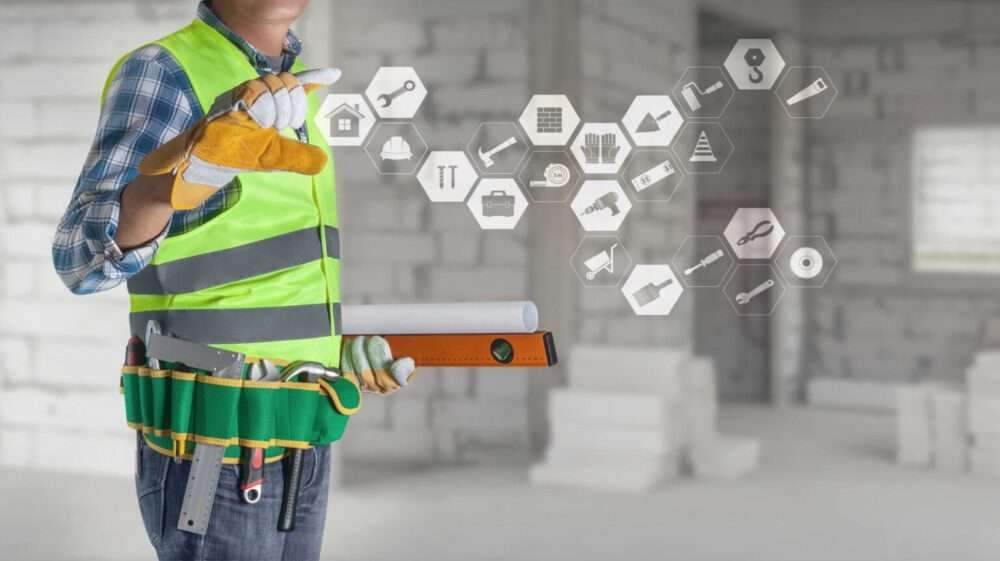Types of technologies that will be used in construction in the future
The construction industry has always been a major contributor to the global economy.
While the construction industry has been completely impervious to change,
the advent of new technologies helps it to evolve and transform rapidly.
From the invention of the wheel to modern drones and 3D printing,
Technology has played a role in making construction faster, easier and more efficient
And in recent years, there has been the development of some innovative building technologies that have changed the way we build.
There are many new technologies that will have a significant impact on the future of the construction industry.
Today, construction companies are able to complete projects more quickly and efficiently than ever before.
There are new technologies required for the future that will aid in precision,
sustainability and faster construction.
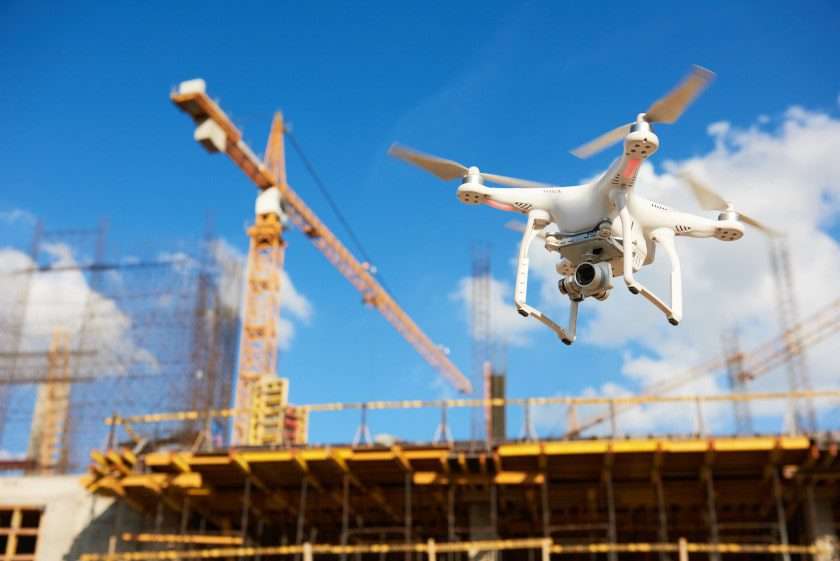
Six kinds of construction techniques
It is very important for construction companies to stay updated with the latest construction technologies,
and below are the top 6 types of construction technologies that they will use in the future:
-
Data collection applications
There is no denying that technology has had a huge impact on the construction industry.
From drones to BIM, new technologies are constantly emerging that can make construction projects more efficient and accurate.
One area that is seeing an increase in innovation is data collection.
Data collection applications have become increasingly popular in recent years,
and they show great potential for the future of building technology.
Data collection is one of the most important aspects of building.
This can be done manually, but is often difficult and time consuming.
This is why many construction companies are turning to data collection apps.
These apps make it easy to collect data quickly and efficiently.
Data collection applications will also play larger roles in the construction industry in the coming years.

-
Drones
Drones are unmanned aerial vehicles that come in different shapes and sizes.
It has been around for a while now but its popularity is growing due to the many benefits that it offers.
The use of drones in construction is still in its infancy.
But there is a lot of potential with technology to revolutionize how construction projects are managed.
In the construction sector, drones are used for many different tasks.
Such as land surveying, building and bridge inspections, and traffic control.
Drones can also be used to deliver materials to the construction site.
In the construction industry, drones are used for a variety of purposes such as land surveying, mapping and 3D modeling.
They can also be used to move materials and take photos or videos of the progress of a construction project.
The use of drones in construction is still in its infancy and there is a lot of room for further development.
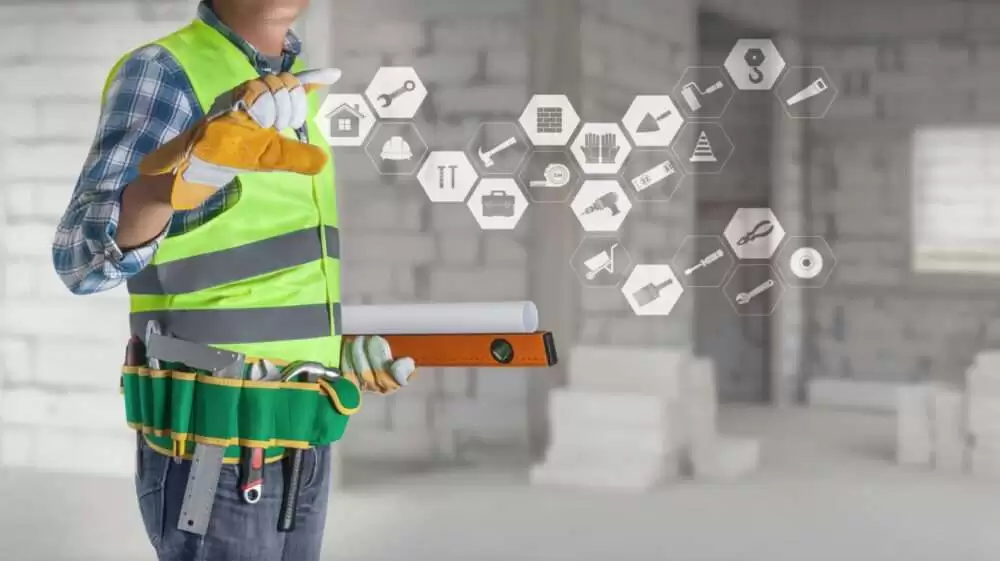
3. Building Information Modeling (BIM) software
Building information modeling (BIM) software is one of the most important tools in the field of building technology.
It has gained immense popularity in recent times due to its ability to improve project outcomes and facilitate better communication between project stakeholders.
It is used to create a 3D model of a building, and this helps project managers,
architects and other professionals involved in the construction process to get a better understanding of the structure they are working on.
The use of BIM software is growing rapidly, as more and more people are aware of its potential benefits.
Building Information Modeling (BIM) software has become one of the most important tools in the construction industry.
It is also used to create digital representations of buildings
and helps construction professionals manage projects more efficiently.
BIM software can be used for a variety of purposes, including design,
engineering, construction, and facilities management.
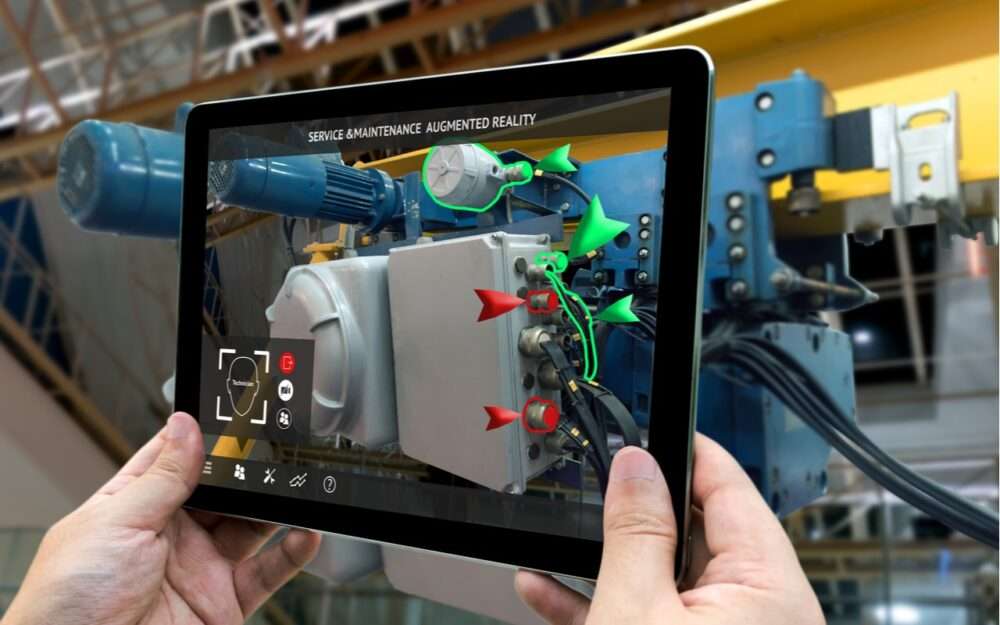
4. Virtual reality and wearable devices
Virtual reality (VR) and wearables are already having a significant impact on many industries, and construction is no exception.
These technologies offer a number of potential benefits to the construction industry, including improved safety, increased efficiency and reduced costs.
VR headsets provide an immersive experience and enhance collaboration and communication between construction professionals.
Wearable devices such as Google Glass can display important instructions and notifications directly in the user’s field of vision.
Both technologies have the potential to increase safety,
efficiency and productivity in construction projects.
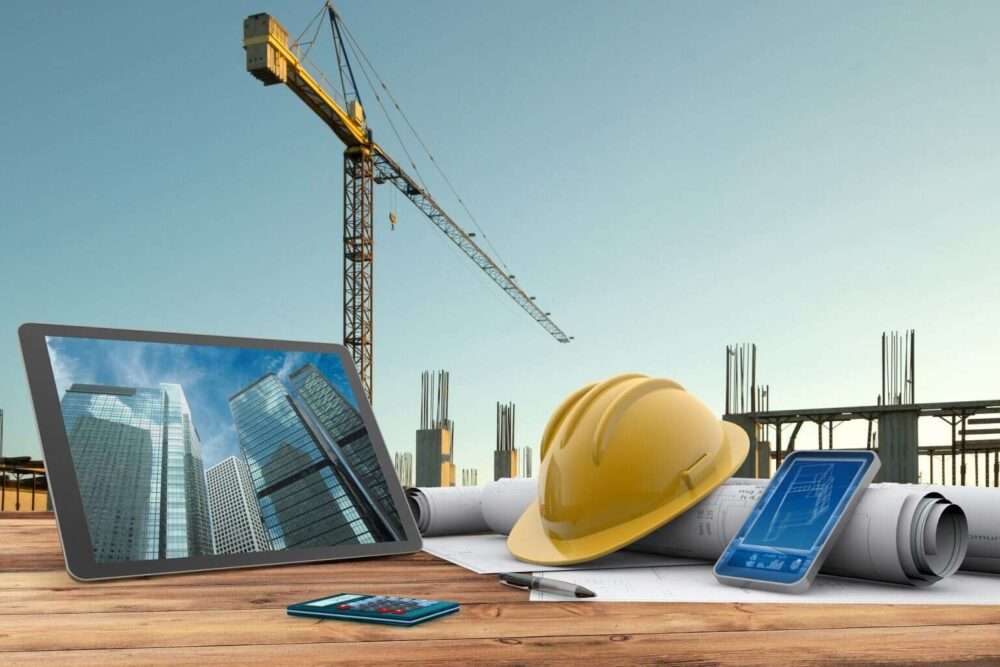
5. 3D printing
3D printing technology is no longer confined to the confines of small objects.
It has now penetrated the construction industry and is being used to print large format objects.
This has led to an increase in the demand for 3D printers in the construction sector.
3D printing technology is dramatically changing the field of building technology.
It offers a number of advantages that make it one of the most requested technologies for future construction projects.
With 3D printing, construction companies can create models of their projects even before they begin.
This allows them to identify potential problems and correct them before any real work begins.
In addition, 3D printing can be used to create custom parts for construction projects, saving time and money.
6. Artificial intelligence
There are many ways in which artificial intelligence is transforming the construction industry.
Artificial intelligence has the potential to make construction projects more efficient and accurate.
It is used in many ways to improve construction technology and make it more efficient.
Here are some examples of how AI can be used in construction:
- Planning and Design – AI can be used to help plan and design projects, making the process more efficient and accurate.
- Prefabrication – AI can be used to create building models that can then be prefabricated off-site, reducing construction time and costs.
- Safety – AI can be used to monitor safety conditions on job sites and identify potential hazards before they become a problem.
And in the coming years, artificial intelligence will play an increasingly important role in construction than now.
There are several reasons for this: First, AI can help manage large amounts of data more efficiently than humans can.
In addition, AI can help identify and correct errors in construction projects, saving time and money.
Conclusion
The construction industry is constantly evolving with the introduction of new technologies.
In order to stay competitive, construction companies need to embrace these new technologies.
Autonomous vehicles and robots are also among the most important technologies that will shape the future of construction.
For more architectural news
Construction techniques for cast-in-situ reinforced concrete pile

